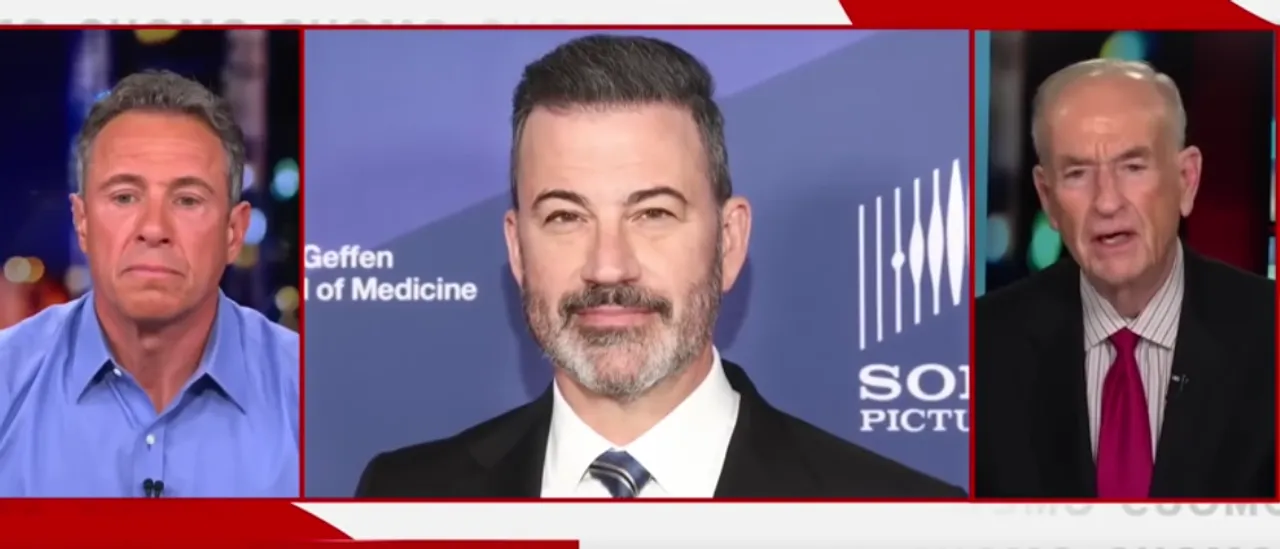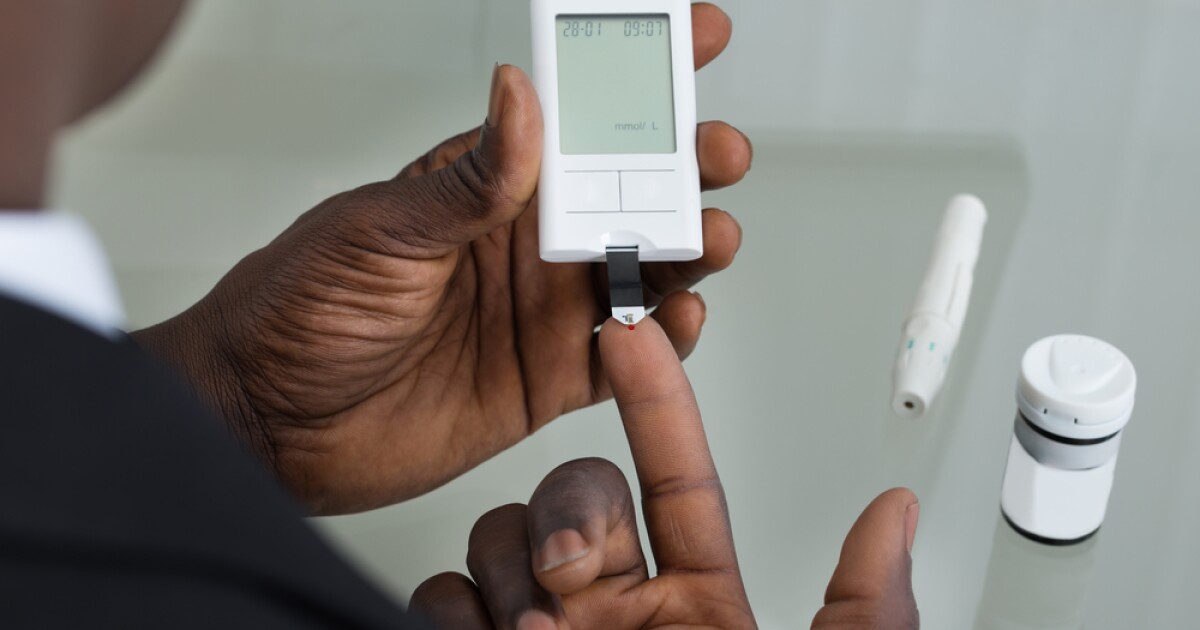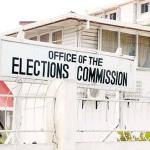By Terence Cosgrave
Copyright imt

Leo Varadkar brought up the thorny subject of ‘Open Disclosure’ again last week at a conference in Dublin. Varadkar had previously supported a Bill calling for mandatory open disclosure in 2018, but the Bill was amended to simply support voluntary disclosure.
When Leo Varadkar talks about medicine, he isn’t just another ex-Taoiseach wading into an unfamiliar policy swamp. He’s a doctor. The man has wielded a stethoscope, read test results, and possibly delivered news with the same mix of gravitas and awkward eye contact that makes patients sweat. So when he weighs in on open disclosure—the principle that patients deserve to know when things go wrong—his words carry a little more sting than if they’d come from a career politician who once got winded climbing the steps of Leinster House, and is taking a bit of an interest in health this afternoon.
Open disclosure sounds deceptively simple: doctors should tell patients the truth when mistakes happen. Yet in practice, it has been a mess. For decades, Irish medicine has danced around it like a teenager at their first céilí, hoping no one notices the two left feet. Varadkar’s intervention, years ago, and again last week, was less a polite suggestion and more of a reminder that honesty should be part of the job description, not a PR stunt.
The real question, though, is whether his remarks mattered. Did the culture shift? Has Ireland become more open, safer, and more willing to admit error? Or are patients still more likely to hear “We’ll run a few more tests” than “We dropped the ball”? And, crucially, should we go further—monitoring doctors like airline pilots, football referees, or that one lad at the pub quiz who insists on handling the answer sheet?
Let’s examine.
Leo Varadkar’s main point was this: patients are entitled to honesty, especially when harmed. That wasn’t radical—unless you’d spent time in an Irish hospital. Historically, the system operated on a blend of professional pride, legal caution, and fear of headlines. Admitting mistakes was seen as handing ammunition to lawyers, or the Sunday Independent blunderbuss.
Varadkar, as both politician and medic, cut through the waffle: patients don’t just deserve open disclosure, they need it. Without it, trust collapses. And trust, in medicine, is not optional. It’s the glue holding together the fragile bargain whereby you let a stranger in a white coat stick needles in your arm, cut you open, or explain that the cure might cause temporary nausea, dizziness, or sudden death (but only in ‘rare cases’).
His comments landed because they punctured the hypocrisy: hospitals preached patient-centred care while still hiding behind obfuscation. It’s like saying ‘our customers come first’ while locking the shop door at lunchtime.
Any discussion of open disclosure in Ireland must tip its hat (reluctantly) to the Cervical Check scandal. Dozens of women received incorrect smear test results, many only discovering later—sometimes years later—that their cancers might have been caught earlier. The key outrage wasn’t just the medical mistake, but the cover-up. Women weren’t told. Families were left in the dark.
Here, Varadkar’s earlier insistence on open disclosure looked prophetic. If his advice had been embedded, the scandal might have been smaller. Instead, the system’s instinct to clam up—protecting reputations over patients—turned a crisis into a catastrophe.
This crystallised the problem: without systems enforcing honesty, institutions default to silence, administrators, and managers all worried about liability, image, and careers. Patients were treated as stakeholders only after the fact—when they were already on the steps of the Four Courts. Which is too late for justice.
Fast forward to today, and the question is: has the culture shifted? In fairness, progress has been made. Policies have been drafted. Training sessions on how to apologise without looking like you’re admitting guilt have proliferated. The HSE even published guidelines that more or less say: “Tell the truth, but in a professional tone of voice and preferably not while hiding behind the crash cart.”
Yet the jury is out. Patients still report stonewalling, vague language, and euphemisms that would make a Jesuit proud. (‘We encountered an unexpected outcome’ is corporate code for ‘We left a sponge inside you’) Doctors themselves often want to be open, but feel constrained by legal advice or hospital hierarchy.
Culturally, Irish medicine is moving from a ‘don’t admit anything’ model to a ‘say sorry but don’t sign anything’ model. That’s progress, but hardly revolutionary.
So, should we go further and monitor doctors’ performance systematically? Here’s where things get spicy. Doctors bristle at the idea. They argue medicine isn’t like an assembly line: patients are complicated, outcomes vary, and success is often probabilistic. Fair enough. But then again, pilots also deal with complexity, turbulence, and unexpected weather. We still monitor them like hawks.
The truth is, medicine is one of the last great professions where accountability often relies on goodwill rather than data. If a surgeon has unusually high complication rates, it’s often buried under a mountain of excuses: ‘my patients are older,’ ‘the hospital is under-resourced,’ ‘Mercury was in retrograde’.
Monitoring doctors doesn’t mean treating them like criminals. It means treating patients like they matter. Imagine if football referees weren’t monitored. “Ah sure, he’s missed six penalties and three red cards this season, but he’s a nice lad and tries his best.” The Premier League would collapse in a week. People really care about the Premier League.
Systems already exist in other countries. In the UK, doctors undergo revalidation—regular checks on performance, feedback, and continuing education. In the US, hospitals benchmark outcomes, sometimes ruthlessly. Ireland? We’re still somewhere between polite suggestions and ‘sure, isn’t Dr Murphy grand altogether and aren’t we lucky to have him’.
Here’s where balance is needed. Monitoring is good, but we must avoid turning medicine into a reality show. Patients deserve safety, not scoreboards. A website where you can check if your surgeon has a five-star Yelp rating is a slippery slope. (“Lovely bedside manner, but he stitched me to the bed. Would not recommend.”)
That said, some transparency is essential. Imagine a system where hospitals tracked infection rates, surgical outcomes, and error reports—and made them public. Suddenly, institutions would have skin in the game. Nobody wants to be ‘that hospital’ trending on Twitter for forgetting basic hygiene.
The danger, of course, is that overzealous monitoring creates a culture of fear. Doctors already complain about burnout, paperwork, and tick-box exercises. Add another layer of bureaucracy, and you risk pushing them further into defensive medicine—ordering unnecessary tests just to cover themselves. Patients end up irradiated but still uninformed.
Strip away the policy talk, and this boils down to something simple: people want the truth. When mistakes happen in medicine—and they will—patients and families can cope better if told honestly. What they can’t forgive is secrecy.
Humour helps here. One patient once joked: “If my surgeon makes a mistake, I’d rather he tells me straight away than lets me find out when I go through airport security and the scanner lights up because of a missing scalpel.”
Open disclosure isn’t about protecting reputations. It’s about dignity. Doctors often underestimate how much trust is destroyed by evasiveness. A simple, “We made a mistake, here’s how we’ll fix it,” is worth more than a dozen carefully worded memos.
So, where do we go from here? A few modest proposals:
Mandatory Open Disclosure Training: Doctors should practice apologies in the same way they practice CPR. (“I’m sorry we gave you the wrong chart” should roll off the tongue as easily as ‘start chest compressions’.)
Outcome Dashboards: Hospitals should publish key stats—complication rates, infection rates, satisfaction surveys. Not a full Tripadvisor, but enough to make institutions accountable.
Independent Oversight: A body outside the HSE should monitor compliance. Because, let’s be honest, the HSE marking its own homework is like a student writing their own Leaving Cert results. (with AI help!)
Patient Advocates: Every hospital should have an independent advocate whose sole job is to ensure patients aren’t gaslit with jargon. We will explore this idea more in our Patient Solutions conference in November.
Humour as Medicine: Not every mistake is funny, of course. But a culture where doctors feel human—able to admit error without legal apocalypse—would help. Patients can forgive mistakes; they rarely forgive silence.
Leo Varadkar’s remarks on open disclosure were more than just political theatre. They cut to the heart of medicine: honesty isn’t optional. While Ireland has improved since the dark days of Cervical Check, the culture still leans toward defensiveness. Systems remain patchy, transparency inconsistent, and monitoring minimal.
Should doctors be monitored more closely? Yes—but carefully. Patients deserve safety, not paranoia. Doctors deserve accountability, not witch-hunts. The goal is balance: a system where mistakes are admitted, lessons are learned, and patients are treated as partners, not problems.
And if all else fails, perhaps a simple rule could guide us: if you wouldn’t want it hidden from your own mother, don’t hide it from your patient.



